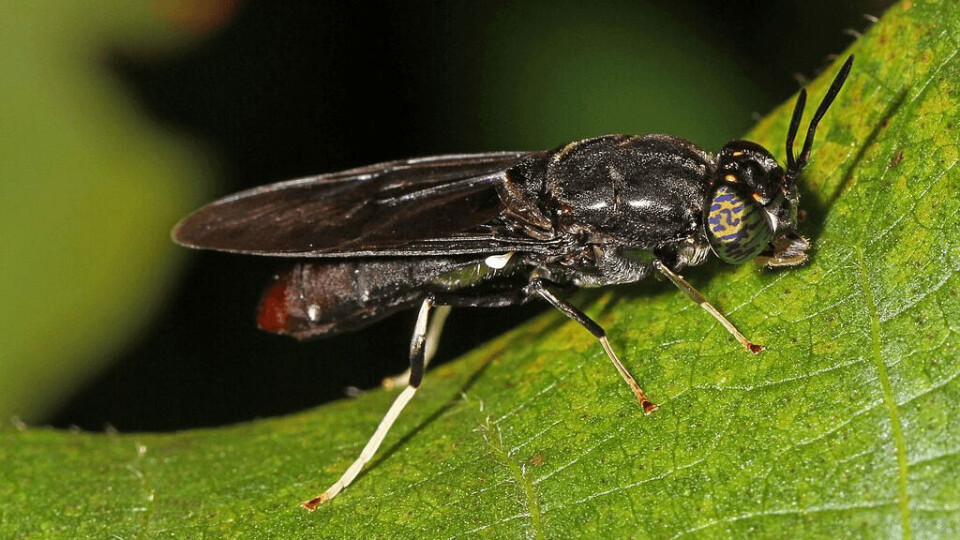
Fish farmers asked for view on insect meal
Fish farmers and feed suppliers have until the end of today (Thursday, July 30) to take part in a survey to identify the challenges and opportunities of scaling up the production of insects for animal feed.
It is part of a project being carried out by the UK’s largest independent agricultural and environmental consultancy, ADAS, for World Wildlife Fund UK (WWF-UK) and retail giant Tesco.
The survey is also intended to identify the barriers that might need to be overcome to enable scale-up, and the possible solutions that could address these. These might include legislative changes to allow the use of other substrates, monetary incentives or government schemes, technological changes or advances, social or behavioural changes etc.
Feasibility
WWF-UK has commissioned an independent and neutral assessment of the potential of the insect industry, including environmental impacts, economic feasibility, and potential to valorise waste and/or by-products.
A series of recommendations will be developed in the report, which will be published publicly online and will function as a piece of evidence to support and guide future WWF advocacy activities.
As well as fish farmers and feed producers, ADAS is hoping for survey responses from insect producers, livestock farmers, researchers, waste stream owners and regulators and policy advisors.
Stakeholders wishing to take part in the survey can do so here.
Substrate
A one-day workshop on the potential for insect farming in Scotland was held by Zero Waste Scotland in Edinburgh in February last year.
Delegates heard that one of the barriers to insect farming was the lack of availability of a suitable substrate (feed for the insects). Potential options such as barley from whisky distillery mash tuns were already being used as cattle feed, the workshop heard, and more plentiful substrate candidates such as manure are not allowed to be used to produce insects that go into the food chain.
Insect farming is more advanced in mainland Europe than the UK. In France, black soldier fly (BSF) farmer InnovaFeed has raised €55 million to foll out a number of fly farms and has a deal to supply feed producer Cargill. And French mealworm grower Ÿnsect is to lead the construction of a plant that could eventually produce 200,000 tonnes of insect protein a year.
In March, Dutch BSF farmer Protix announced that it was planning to scale up production in the Netherlands and expand internationally after attracting Rabobank’s investment arm as a shareholder. The decision by Rabobank Corporate Investments followed the opening of Protix’s €40 million factory in Bergen op Zoom in the Netherlands in June last year.























































